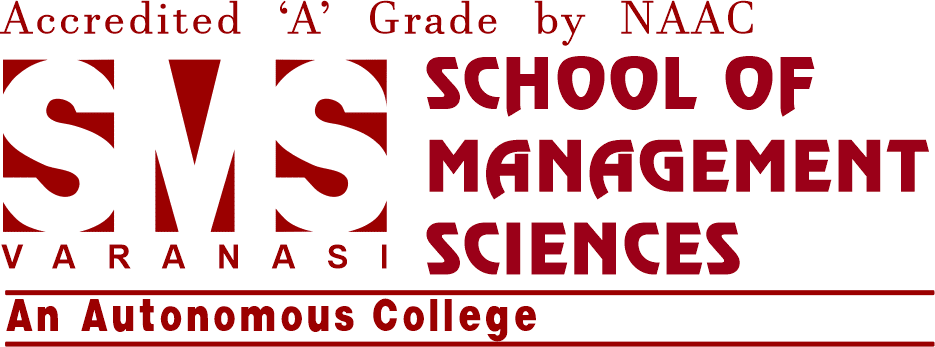
In today’s tech driven era, choosing the right educational path is essential for those who want to work in the IT industry. In India, students frequently consider enrolling in the Bachelor of Computer Applications (BCA) and the Bachelor of Technology in Computer Science (B.Tech CS), two most popular undergraduate programs. Although there are clear differences between these two courses that may probably affect your choice as they both tend to offer a strong basis for a career in technology. So, in order to help you in making an informed decision, we will explore the main differences between BCA and B.Tech CS in this blog post, comparing them in terms of curriculum, employment opportunities, skills gained, and many more.
Understanding BCA and B.Tech CS
Bachelor of Computer Applications (BCA)
Software development and computer applications are the two main topics that you will study during the three-year BCA undergraduate program. The aim of this course is to offer students a thorough knowledge of database administration, networking, programming languages, and computer basics. Furthermore, through means of projects and internships, the course is designed in a way to provide students with practical knowledge and real-world experience.
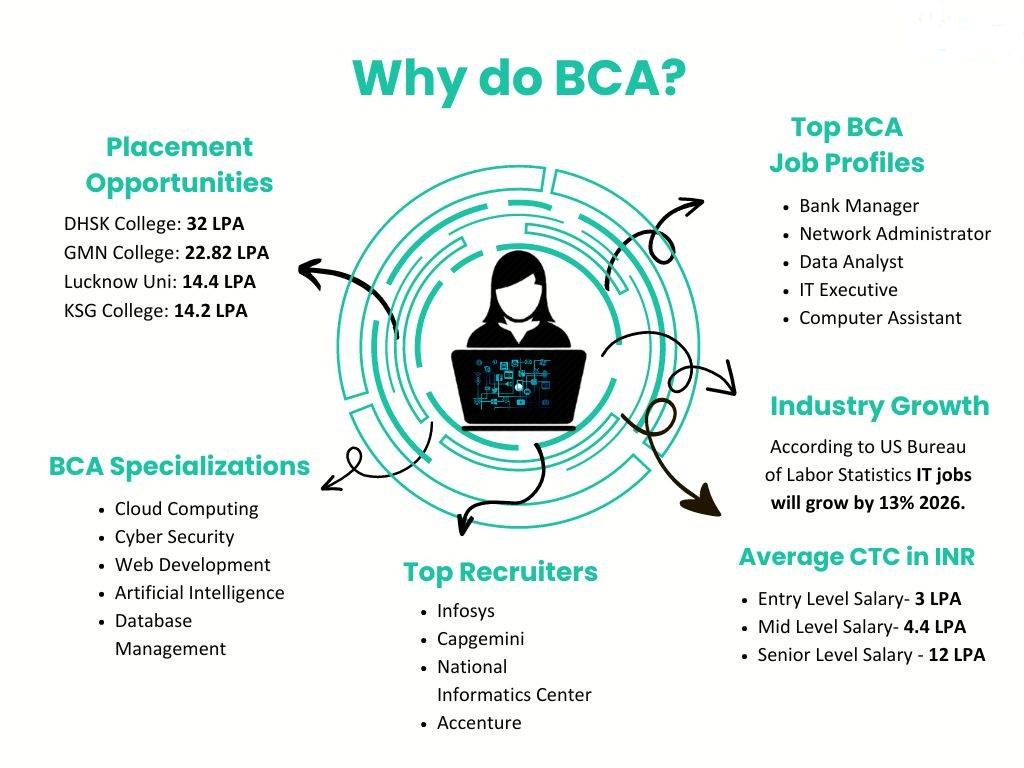
Bachelor of Technology in Computer Science (B.Tech CS)
The deep understanding of computer science and engineering fundamentals is provided in the four-year of B.Tech CS undergraduate engineering program. Artificial intelligence, computer architecture, data structures, algorithms, and operating systems are some of the many subjects that are covered. Therefore, students must need to regularly engage on challenging projects and research as part of the intensive curriculum, which combines academic and practical aspects.
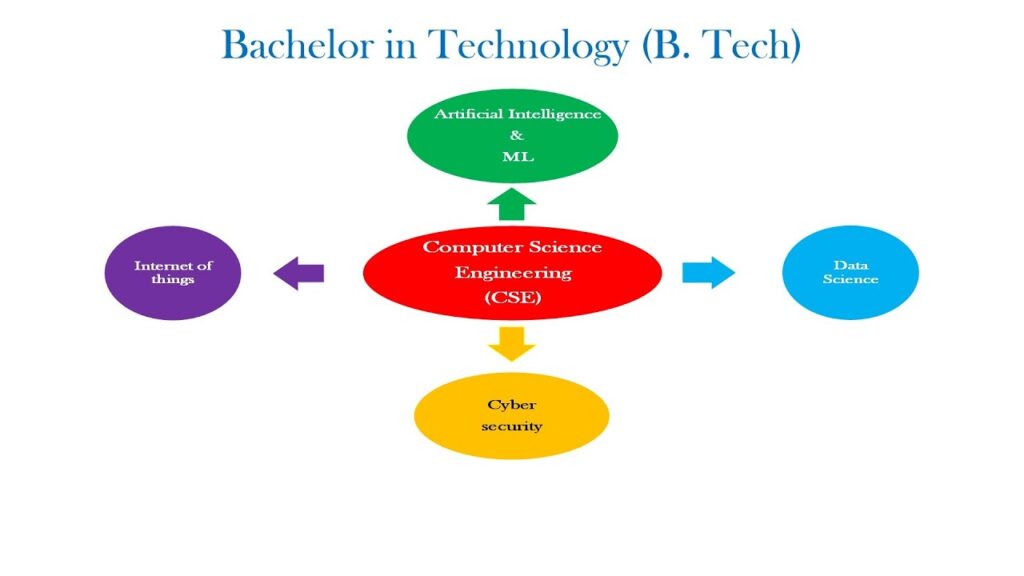
Curriculum Comparison
BCA Curriculum
The BCA curriculum commonly includes the following subjects:
- Fundamentals of Computer Science
- Programming Languages (C, C++, Java, Python)
- Database Management Systems (DBMS)
- Web Technologies
- Software Engineering
- Computer Networks
- Operating Systems
- Data Structures
- Mathematics for Computing
- Project Work and Internships
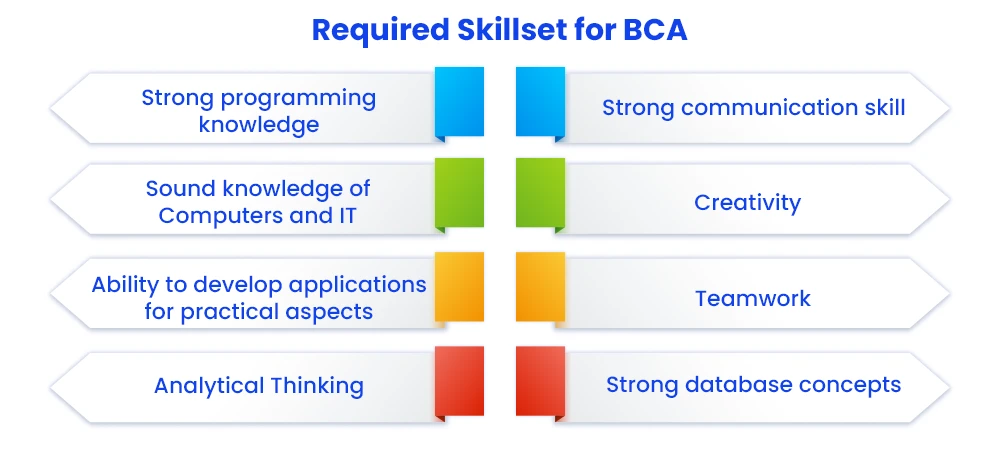

B.Tech CS Curriculum
The more extensive B.Tech CS curriculum commonly includes the following subjects:
- Programming Languages (C, C++, Java, Python)
- Data Structures and Algorithms
- Computer Networks
- Operating Systems
- Computer Architecture and Organization
- Software Engineering
- Database Management Systems
- Discrete Mathematics
- Theory of Computation
- Artificial Intelligence and Machine Learning
- Cybersecurity
- Electives and Specializations
- Major Projects and Research Work
Career Prospects
BCA Career Opportunities
In the IT industry, graduates of BCA gets a wide range of career opportunities. Therefore, some of the common job roles for BCA graduates are as follows:
- Software Developer
- Web Developer
- System Analyst
- Database Administrator
- Network Administrator
- IT Support Specialist
- Mobile App Developer

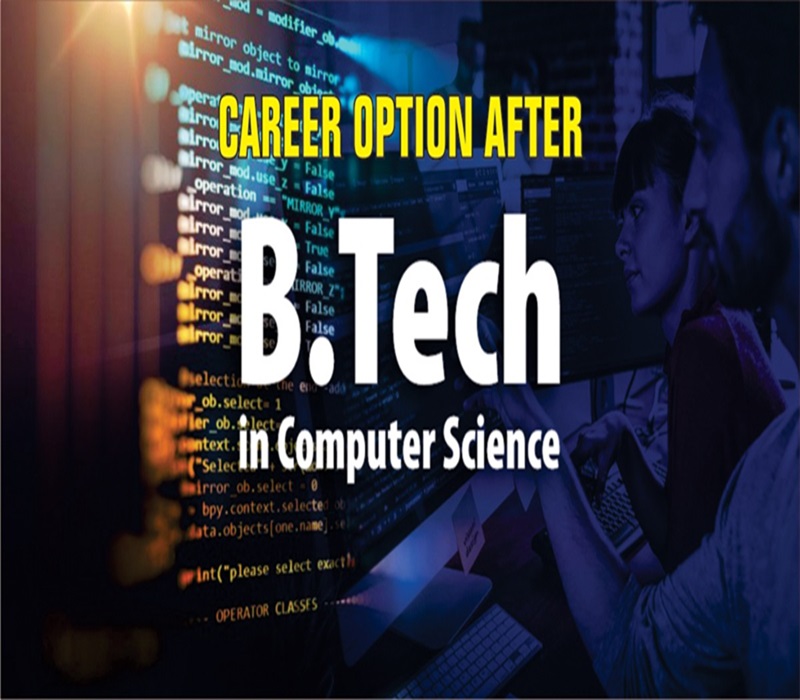
B.Tech CS Career Opportunities
Because of the in-depth and intensive of their education, B.Tech CS graduates have the access to a wide range of career opportunities. Therefore, some of the common job roles for B.Tech CS graduates are as follows:
- Software Engineer
- Systems Engineer
- Data Scientist
- Machine Learning Engineer
- Cybersecurity Specialist
- Cloud Architect
- DevOps Engineer
- Research Scientist
- AI/ML Developer
Skills Acquired
Skills Acquired in BCA
The practical skills that is acquired by the BCA graduates and are also highly valued in the IT industry, are as follows:
- Proficiency in multiple programming languages
- Deep understanding of software development life cycle (SDLC)
- Database management and SQL
- Web development and design
- Problem-solving and analytical skills
- Basic networking knowledge


Skills Acquired in B.Tech CS
The more in-depth and extensive skill set that a B.Tech CS graduates has access to are as follows:
- Advanced programming and algorithm design
- Deep understanding of computer architecture and operating systems
- Expertise in data structures and algorithms
- Knowledge of AI, machine learning, and data science
- Cybersecurity principles and practices
- Research and development skills
- Proficiency in cloud computing and DevOps
Choosing the Right Path
Factors to Consider
- Duration and Depth of Study:-The BCA program is three-year under-graduate course that offers a strong foundation in computer applications. Furthermore, it is perfect for the students who wish to be a part of this workforce quickly.On the other hand, B.Tech CS is a four-year engineering degree that helps you gain the in-depth understanding of the principles of computer science. Also, it is best suitable for the students who are willing to pursue advanced roles or want to study further.
- Career Goals:-BCA is the first and best choice for the one who aspire to become a software developer, web developer, or IT support specialist.Whereas, B.Tech CS is more appropriate for the aspirants who are aiming for the roles such as software engineer, data scientist, AI specialist, or cybersecurity expert.
- Industry Demand:-When it’s about the industry demand then both BCA and B.Tech CS graduates are in high demand. But when considering advanced roles and higher salaries, then B.Tech CS graduates often have a competitive edge.
Practical Experience
The focus on the practical experience is the same in case of both BCA and B.Tech CS programs. And on the other hand the scope and difficulty of the projects may vary. Students pursuing a B.Tech in Computer Science generally engage themselves in more intricate and research-focused projects, which might provide them a benefit in the market of employment. Furthermore, for both the degrees, internships and industrial training are important as they let the students to explore the working world and real-world experience.
Conclusion
While making the decision between a BCA and a B.Tech CS, it is important to consider your long-term objectives, desired level of knowledge, and professional aspirations. Also, both the degree offers an excellent opportunity in the tech industry, but they cater to different needs and goals.
BCA can be the best choice when you are looking for a quicker path to enter in the IT field while focusing on software development and practical skills. Whereas, if you are aiming to have an in-depth understanding into the computer science, work on cutting-edge technologies, and pursue advanced roles, then B.Tech CS is the one for you.
At the end, while making the right choice what matters is the passion for technology, your commitment to learning, and your career goals. Furthermore, whatever path you choose, the tech industry offers a dynamic and rewarding career for those with the right skills and knowledge.
